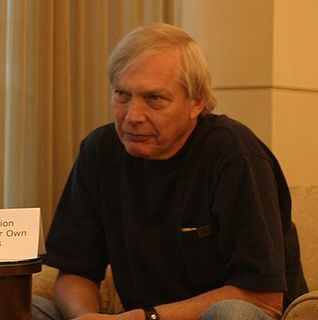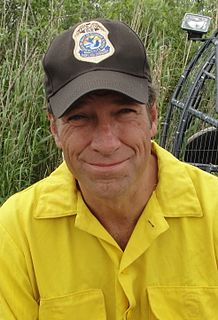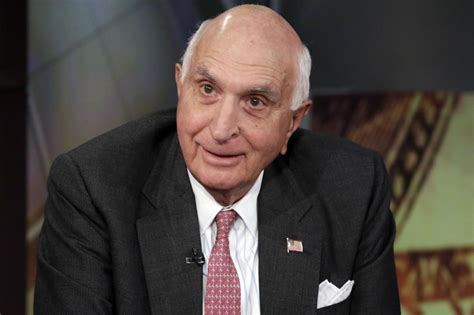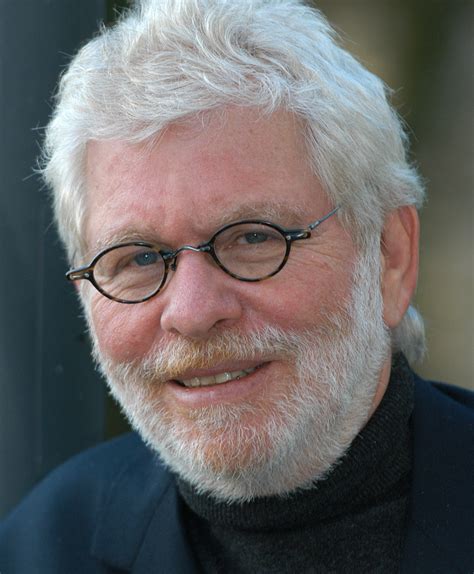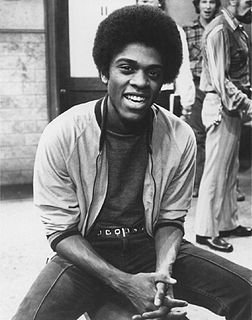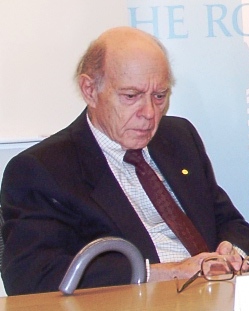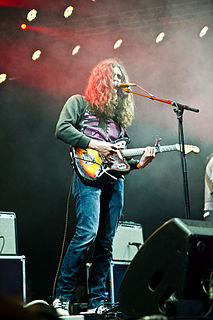A Quote by Graydon Carter
I did a bunch of blue-collar jobs, because I knew I'd wind up with a white-collar job at some point, and I wanted to, I don't know, I just wanted to taste life. I dug graves for a while, I worked as a stock boy in a big department store, I worked in a bank.
Related Quotes
The job market of the future will consist of those jobs that robots cannot perform. Our blue-collar work is pattern recognition, making sense of what you see. Gardeners will still have jobs because every garden is different. The same goes for construction workers. The losers are white-collar workers, low-level accountants, brokers, and agents.
I had a lot of jobs, because I wanted to be an actor, and I had this bad habit of wanting to eat regularly. So, I had to make some money somewhere. I was everything from a stock worker in an Alexander's department store to flower delivery person to a messenger to a grocery clerk to a gas station attendant. I even worked in Macy's dusting off fur coats for two weeks.
I floated around in the department of biochemistry and learned some interesting things, and then I began to... I never wanted to work with a mentor because I always wanted to have my own reputation and be free to do what I wanted to do. So I worked with the weakest people in the department. Don't make that public.


